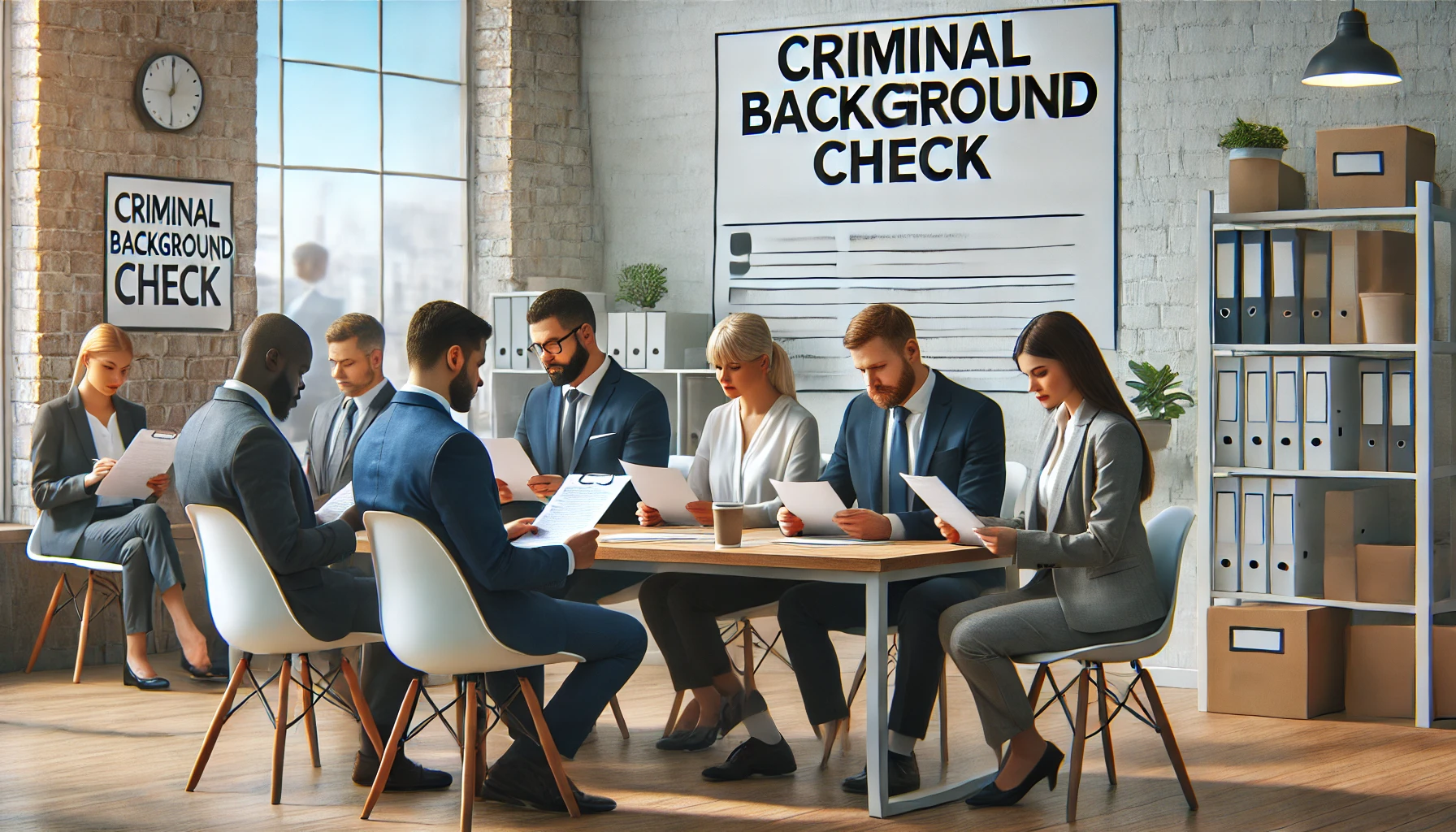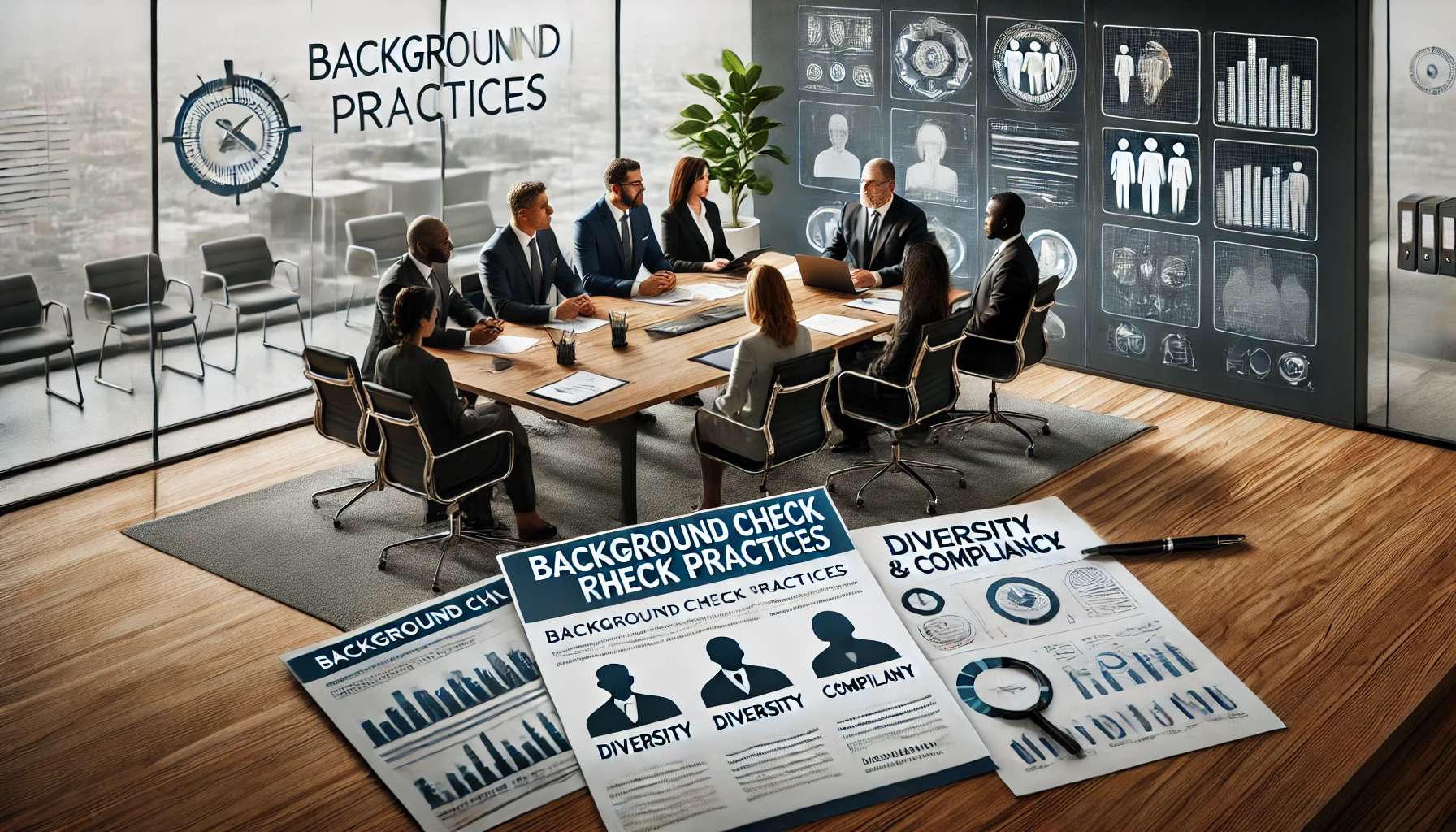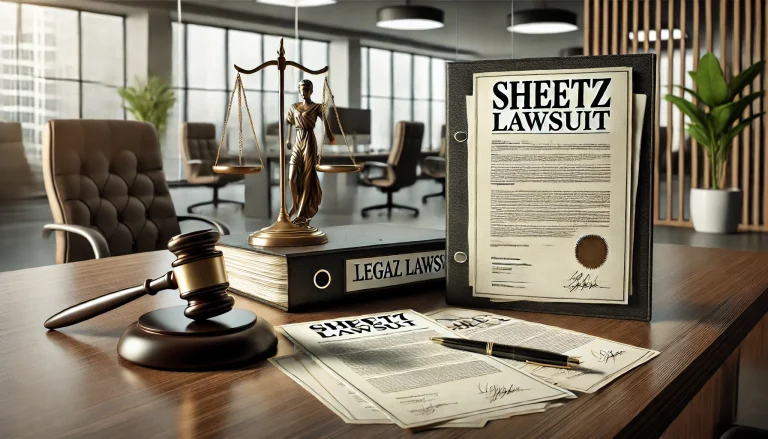Sheetz, Inc., a well-known convenience store chain that operates across the U.S., is facing legal action due to its use of criminal background checks in the hiring process. In 2024, the U.S. Equal Employment Opportunity Commission (EEOC) filed a lawsuit against Sheetz, claiming that the company’s criminal background check policy unfairly impacted certain racial groups. Specifically, the EEOC argues that Sheetz’s practices resulted in discriminatory hiring decisions that disproportionately affected Black, Native American, and multiracial job applicants.
This lawsuit highlights the growing concern about how criminal background checks can impact hiring practices, especially when they lead to unintended discrimination. This article explores the key elements of the case, the legal framework involved, and the broader lessons for employers across industries.
Sheetz Lawsuit Background Check: What You Need to Know About the EEOC Allegations
The Sheetz lawsuit over its background check policies has drawn attention to the challenges businesses face in balancing safety, fairness, and legal compliance. In 2024, the U.S. Equal Employment Opportunity Commission (EEOC) filed a lawsuit against Sheetz, alleging that its hiring practices unfairly discriminated against minority applicants.
The EEOC claimed that Sheetz’s policy of screening all job applicants for criminal records disproportionately impacted Black, Native American, and multiracial candidates. For example, the rejection rate for Black applicants was 14.5%, compared to under 8% for white applicants. This significant disparity raised concerns that the policy unintentionally created barriers for minority groups, despite being applied uniformly across all applicants.
The lawsuit argues that Sheetz’s practices violate Title VII of the Civil Rights Act of 1964. Title VII prohibits employment practices that result in a “disparate impact” on protected groups unless the employer can prove the policy is job-related and necessary for business operations. According to the EEOC, Sheetz failed to demonstrate that its blanket use of criminal background checks met these criteria. Additionally, the lack of an appeals process for rejected applicants further fueled claims of unfair treatment.
In response, Sheetz denied any intention to discriminate and stated that its policies were designed to ensure workplace safety and security. The company emphasized its commitment to equality and highlighted its efforts to resolve the issue with the EEOC over nearly eight years.
This case serves as a wake-up call for businesses to review their hiring practices. Employers are encouraged to:
- Ensure background checks are directly relevant to job requirements.
- Analyze whether policies disproportionately impact certain groups.
- Implement appeal processes for applicants to provide context about their criminal history.
The Sheetz lawsuit underscores the importance of aligning hiring practices with anti-discrimination laws while maintaining fairness and transparency. It is a reminder for companies to balance risk management with equal opportunity, fostering a more inclusive workplace for all.
Background of the Lawsuit
In its lawsuit, the EEOC asserts that Sheetz’s policy of conducting criminal background checks on all job applicants led to racial disparities in the hiring process. The EEOC’s investigation revealed that Black applicants were rejected at a rate of 14.5%, while white applicants faced rejection rates of only 7.8%. This significant difference in rejection rates raised concerns that Sheetz’s practices were creating barriers for minority groups, even when applicants were otherwise qualified for the job.
The EEOC further argued that Sheetz’s policies did not adequately account for the fact that criminal records can disproportionately affect people of color. They contend that the company did not provide an opportunity for applicants to appeal or explain their criminal history before decisions were made.
This case brings attention to the broader issue of how employers use criminal records in hiring, questioning whether certain practices unintentionally disadvantage specific groups of people.
Legal Basis of the Case
The legal foundation for the EEOC’s lawsuit rests on Title VII of the Civil Rights Act of 1964, a critical piece of civil rights legislation that prohibits discrimination in employment based on race, color, religion, sex, or national origin. Title VII also covers employment practices that have a “disparate impact,” even if those practices appear neutral on the surface.
A disparate impact occurs when an employment policy or practice has a disproportionately negative effect on members of a protected group, such as racial minorities, without a valid business reason. The EEOC claims that Sheetz’s blanket use of criminal background checks is such a policy, which unfairly impacts Black, Native American, and multiracial applicants more than white applicants.
Under Title VII, an employer can only justify a policy with a disparate impact if the policy is necessary for the business and directly related to the job being performed. The EEOC argues that Sheetz has not demonstrated that using criminal background checks in this way is essential to their business operations.
Sheetz’s Response and Defense
In response to the lawsuit, Sheetz has denied any intention to discriminate against applicants and insists that its background check policy is intended to ensure safety and security for customers and employees. The company maintains that it does not tolerate discrimination and has worked for years with the EEOC in an attempt to resolve the issue outside of court.
Sheetz also points out that criminal background checks are a common practice for many employers and that its policy applies equally to all job applicants, regardless of race or background. However, the EEOC argues that while the policy may seem neutral, its effects have been discriminatory, and it should be revised to prevent unintentional harm to applicants from minority backgrounds.
Despite the company’s defense, the EEOC is seeking remedies for what it claims is unlawful discrimination, including compensation for the affected individuals and changes to Sheetz’s hiring practices.
Broader Implications of the Case
This lawsuit has far-reaching implications not only for Sheetz but for employers across all industries. It raises important questions about how criminal background checks should be used in the hiring process and whether they contribute to systemic discrimination. For many years, the use of criminal records in hiring has been a contentious issue. Employers must balance the need to ensure workplace safety with the need to provide fair opportunities for all candidates.
For Employers, this case is a reminder that hiring practices, especially those involving background checks, must be carefully reviewed to avoid unintentionally harming specific groups of people. Employers should ensure that their policies are truly job-related and that they do not disproportionately affect minority applicants unless they can prove that the policies are necessary for the business.
For the Legal System, the Sheetz lawsuit reinforces the enforcement of Title VII and highlights the importance of protecting against discriminatory practices, even when they are not overt. It serves as a reminder that policies that appear neutral on the surface may still be considered discriminatory if they have a disproportionate negative effect on certain groups.
Key Lessons for Businesses
From this lawsuit, there are several important lessons that businesses can learn and apply to their own hiring processes:
- Review Hiring Policies Regularly: Employers should regularly review their background check policies to ensure that they are not disproportionately affecting applicants from certain racial or ethnic groups. This might include looking at rejection rates by race and other factors to ensure fairness.
- Use of Criminal Background Checks: Employers need to ensure that criminal background checks are used appropriately and only for roles where they are truly necessary. For some positions, a criminal history may be relevant to job duties (for example, roles involving security or trust), but for others, it may be an unfair barrier to employment.
- Offer Applicants an Opportunity to Appeal: One key concern in the Sheetz case was the lack of an appeal process for applicants who were rejected based on their criminal background. Employers should consider allowing applicants to explain their criminal history or provide additional context before a final hiring decision is made.
- Ensure Transparency: Employers should clearly communicate their policies regarding background checks to applicants, making sure they understand how these checks will be used in the hiring process and what potential impact their criminal record might have on their application.
Conclusion
The Sheetz lawsuit is an important case in the ongoing debate about the use of criminal background checks in hiring. It highlights the need for businesses to carefully assess the impact of their hiring practices on different demographic groups, especially when it comes to racial minorities. Employers are reminded that policies that may seem neutral can still lead to discrimination if they disproportionately harm certain groups.
This case also underscores the importance of fairness and transparency in the hiring process. Businesses must take proactive steps to ensure that their policies do not unintentionally disadvantage applicants based on factors such as race, and they must provide avenues for individuals to explain or appeal decisions made based on their criminal records.
As Sheetz’s case continues to unfold, it serves as a valuable reminder for all employers to ensure that their hiring practices are in compliance with anti-discrimination laws and that they offer fair opportunities to all applicants, regardless of their background.
FAQs
Why did the EEOC file a lawsuit against Sheetz?
The EEOC alleged that Sheetz’s criminal background check policy disproportionately rejected Black, Native American, and multiracial applicants, violating civil rights laws.
What is the main legal issue in the Sheetz lawsuit?
The issue is whether Sheetz’s policy caused a “disparate impact” on minority applicants, which is illegal under Title VII of the Civil Rights Act.
How did Sheetz respond to the allegations?
Sheetz denied discrimination, emphasized its zero-tolerance policy for unfair practices, and claimed its policy ensures workplace safety.
What are the broader implications of the lawsuit?
The case highlights the importance of fair hiring practices and the need for employers to ensure background checks comply with anti-discrimination laws.
What steps can employers take to avoid similar lawsuits?
Employers can review hiring policies, ensure criminal checks are job-relevant, and offer applicants the chance to appeal hiring decisions.
Article Recommendations
ATT Data Breach 2024 Lawsuit: How Millions of Customers Were Affected and What’s Next
Lifewave Lawsuit: How the Case is Reshaping Wellness Industry Standards
Arias Agencies Lawsuit: Financial Ramifications and Lessons for Businesses





